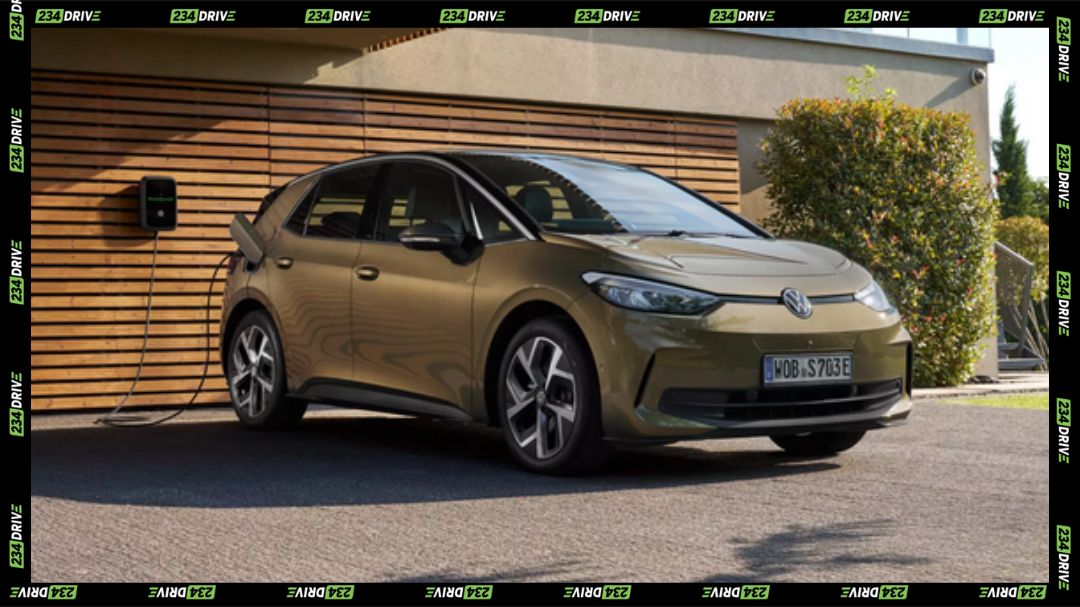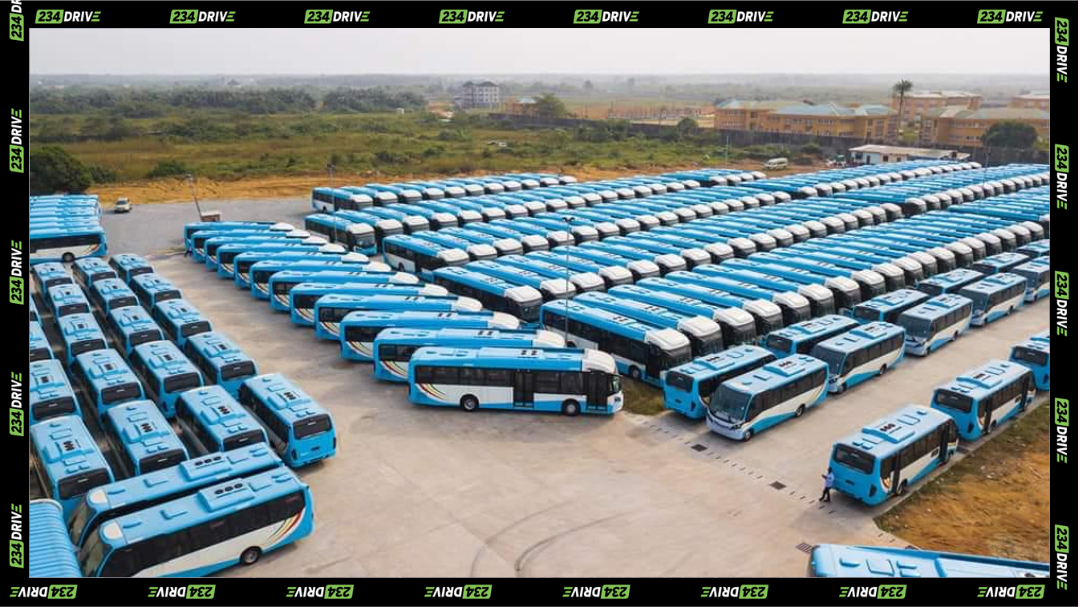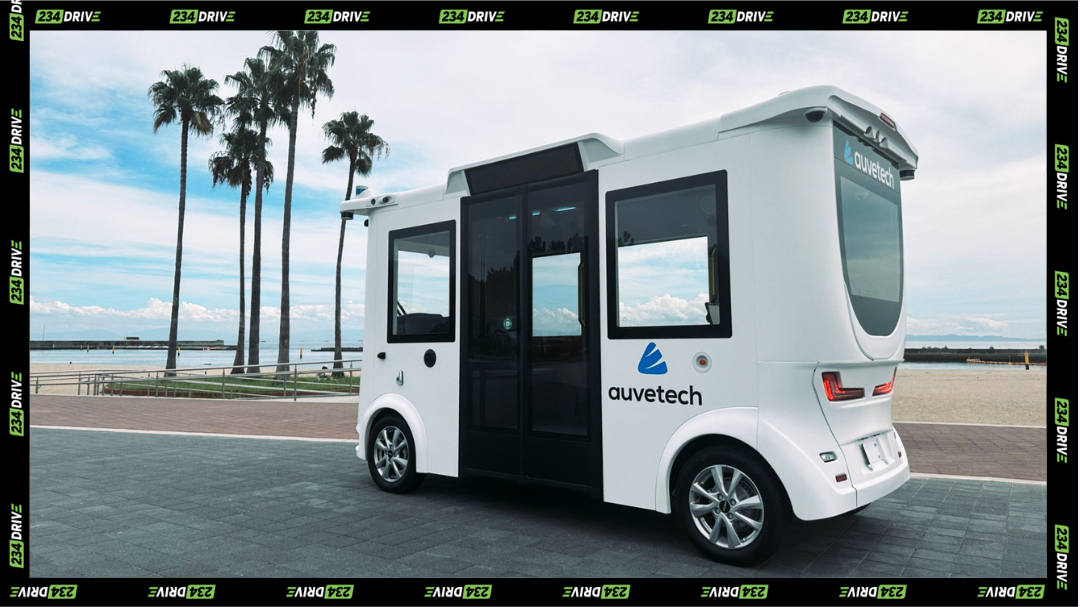A new paid option is changing what “full” ownership means for some EV buyers. Yeah, full ownership of your vehicle isn’t guaranteed even after you pay the full fee.
AutoExpress first broke the news that Volkswagen(VW) would now offer a paid performance upgrade for UK buyers of certain ID.3 models. The cars are listed at 201 bhp on the configurator, but they’re factory-rated at 228 bhp.

For a fee—£16.50 ($22.3) a month, £165 ($223) a year, or a one-off £649 ($877) lifetime unlock that stays with the car—owners can activate and get the remaining 27 bhp and boost torque from 265 Nm to 310 Nm.
Additionally, VW says the change doesn’t reduce range, and, because the car is factory-rated at the higher output, insurance shouldn’t be affected.
Seen as a product, the idea has logic: buyers can pay less up front and later spice up the car’s performance if they want it.
That flexibility appeals to drivers who value a sportier feel but might not be able to afford a higher sticker price at purchase. It also follows an industry trend of selling features as subscription services.
Still, the concept raises concerns. Many customers dislike paying extra for functions already built into their cars. Some technically savvy owners might try to unlock these features without paying, which could void warranties or create legal headaches.
Mercedes-Benz faced backlash in 2022 for a $1,200 annual acceleration subscription, echoing earlier controversies like BMW’s heated seats and Toyota’s remote start fees.
Monthly plans may create churn, while a lifetime option shifts value to resale—leading to further discourse between the buyer and reseller.
Would this drive in Africa? The region has adopted subscriptions where they solve clear problems: steady internet, local pricing in naira, or services that work reliably day-to-day.

For pay-to-unlock performance, uptake would probably be niche. Enthusiasts and buyers who see resale value in a lifetime unlock might subscribe.
Mass market adoption, however, looks unlikely because many households face tight budgets, macroeconomic factors like inflation, and a general pushback against paying for perceived basics.
If electric automakers want success in Africa like the kind achieved in Norway, they’d need local pricing, transparent terms, and visible benefits that matter to everyday users – not just bragging rights.
In short: the pay-for-power idea can work for a slice of buyers, but broad acceptance depends on pricing, trust, and real-world value rather than gimmickry. I mean, would you really want to pay a monthly fee to unlock something your car already has—more speed, smarter driving, or just cooler air conditioning?









